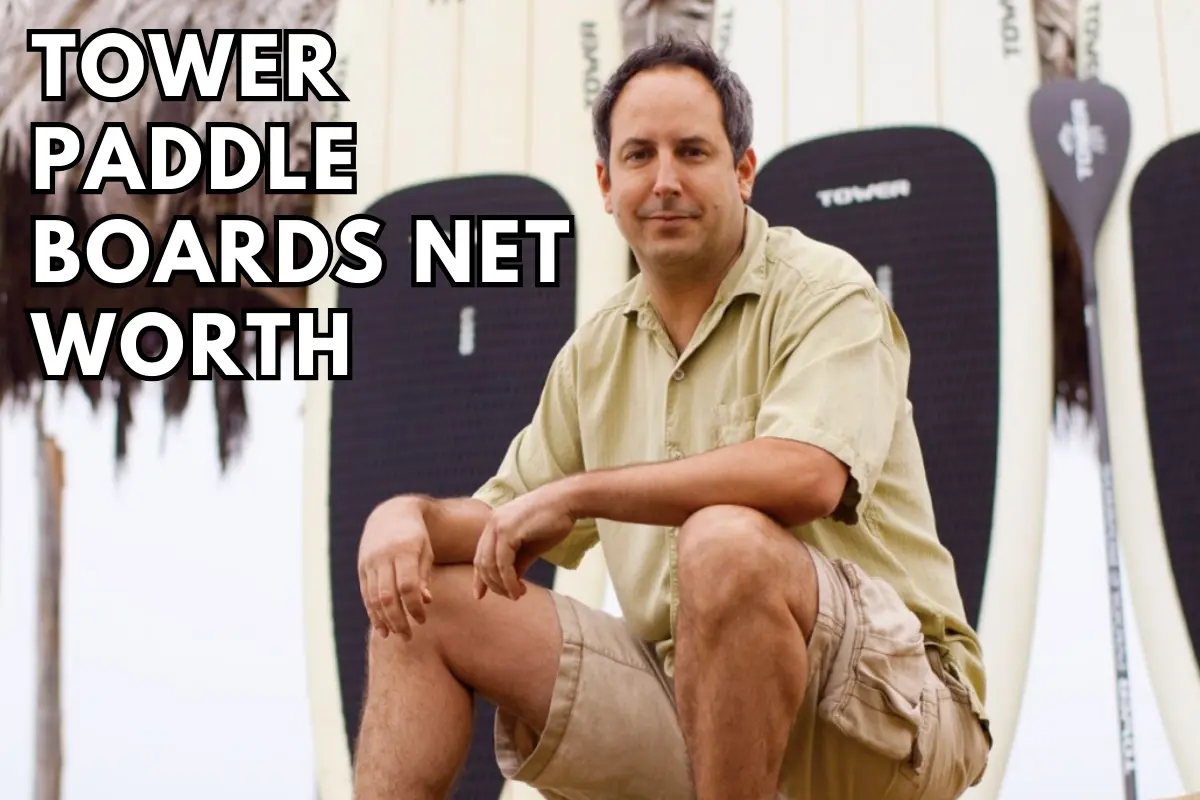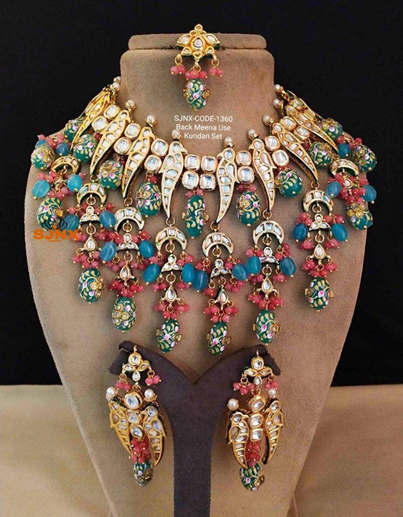Tower Paddle Boards Net Worth: How a Shark Tank Deal Made It a Success Story

Tower Paddle Boards net worth is estimated at $100 million and makes $500,000 per month in sales with only six employees. Tower Paddle Boards is a company that makes stand-up paddle boards, a popular water sport that involves standing on a board and using a paddle to propel yourself.
The company was founded by Stephan Aarstol in 2010, and has been one of the most successful products to come out of the hit TV show Shark Tank. In this blog post, we will explore how Tower Paddle Boards grew from a small online business to a multimillion-dollar company, and what lessons we can learn from its founder.
The Shark Tank Pitch: A Near Disaster Turned Into an Opportunity
In 2011, Stephan Aarstol decided to take his company to Shark Tank, hoping to get an investment from one of the wealthy investors on the show. He asked for $150,000 for 10% equity in Tower Paddle Boards, valuing his company at $1.5 million. He also claimed that his company had a unique online selling strategy that cut out the middleman and offered high-quality products at low prices.

However, things did not go as planned for Aarstol. He was nervous and forgot his pitch, and stumbled over his words. The sharks were not impressed, and some of them even mocked him for being the worst presenter they had ever seen. Barbara Corcoran was the first to drop out, followed by Kevin O’Leary, Robert Herjavec, and Daymond John.
But there was one shark who saw potential in Aarstol and his company: Mark Cuban. Cuban liked the product and the online marketing approach and decided to make an offer: $150,000 for 30% equity, effectively valuing the company at $500,000. Aarstol accepted the deal and became one of Cuban’s portfolio companies.
The Post-Shark Tank Growth: How Tower Paddle Boards Became a Leader in the Industry
After getting the deal with Cuba, Tower Paddle Boards started to grow rapidly. Aarstol used the investment to improve his website, expand his product line, and hire more staff. He also leveraged Cuban’s connections and expertise to get more exposure and distribution for his brand.
Tower Paddle Boards also benefited from the publicity and credibility that came from being on Shark Tank. The company’s sales increased by 600% in the first year after the show, and by 1000% in the second year. The company also received positive reviews from customers and media outlets and won several awards for its products and customer service.
One of the key factors that contributed to Tower Paddle Boards’ success was its customer-direct model. By selling online directly to consumers, the company was able to offer high-quality paddle boards at a fraction of the price of traditional retailers. The company also offered free shipping, a 2-year warranty, and a 30-day money-back guarantee. This way, Tower Paddle Boards was able to build trust and loyalty with its customers and create a competitive advantage in the market.
Another factor that helped Tower Paddle Boards grow was its innovation and diversification. The company did not limit itself to just paddle boards but also ventured into other products related to water sports and outdoor activities. For example, the company launched inflatable paddle boards, which are easier to transport and store than regular ones. The company also introduced electric bikes, beach cruisers, sunglasses, surfboards, skateboards, and more.
By offering a wide range of products that catered to different lifestyles and preferences, Tower Paddle Boards was able to attract more customers and increase its revenue streams.
The Current Status: How Tower Paddle Boards Is Doing Today
As of 2022, Tower Paddle Boards net worth is estimated at $100 million and makes $500,000 per month in sales with only six employees. The company has been profitable since 2013 and has grown by an average of 40% per year. The company has also been featured on Forbes, Inc., Entrepreneur, CNN, ABC News, and more.
Tower Paddle Boards is still run by Stephan Aarstol, who remains the CEO and majority owner of the company. Mark Cuban is still an active partner and mentor for Aarstol and owns 30% of the company. The two have a close relationship and communicate regularly via email.
Tower Paddle Boards is still focused on its online selling strategy but has also expanded its distribution channels to include Amazon, Walmart.com, Costco.com, Target.com, REI.com, Dick’s Sporting Goods.com, and more. The company also has a showroom in San Diego where customers can try out its products.
Tower Paddle Boards is still committed to innovation and quality and continues to launch new products and improve its existing ones. The company also strives to be socially and environmentally responsible and supports various causes and charities related to water conservation, education, and health.
The Lessons: What We Can Learn from Tower Paddle Boards and Stephan Aarstol
Tower Paddle Boards is a remarkable example of how a small online business can become a leader in a competitive industry, and how a Shark Tank deal can transform a company’s trajectory. Here are some of the key lessons we can learn from Tower Paddle Boards and its founder:
- Don’t let a bad pitch ruin your chances. Aarstol had a terrible pitch on Shark Tank, but he did not give up. He answered the sharks’ questions, showed his passion and knowledge, and convinced Cuban to invest in him. Sometimes, a bad pitch can be an opportunity to show your resilience and character and to prove your value to potential investors.
- Find a niche and dominate it. Aarstol saw an opportunity in the paddle board market and decided to focus on it. He created a unique product and a unique selling proposition that differentiated him from his competitors. He also targeted a specific audience that was interested in water sports and outdoor activities and catered to their needs and preferences. By finding a niche and dominating it, you can create a loyal customer base and a strong brand identity.
- Leverage online platforms to reach more customers. Aarstol used online platforms to sell his products directly to consumers, bypassing the traditional retail channels. He also used online platforms to market his products, using search engines, social media, blogs, podcasts, videos, and more. By leveraging online platforms, you can reach more customers, lower your costs, increase your margins, and scale your business faster.
- Diversify your product line and revenue streams. Aarstol did not limit himself to just paddle boards, but also launched other products related to his niche. He also expanded his distribution channels to include other online platforms and retailers. By diversifying his product line and revenue streams, he was able to attract more customers, increase his sales, reduce his risks, and grow his business.
- Partner with the right people. Aarstol partnered with Cuban, who was not only an investor but also a mentor and a friend. Cuban provided Aarstol with capital, advice, connections, exposure, and support. He also challenged Aarstol to improve his products and his business model. By partnering with the right people, you can get access to valuable resources, insights, opportunities, and feedback that can help you grow your business.






